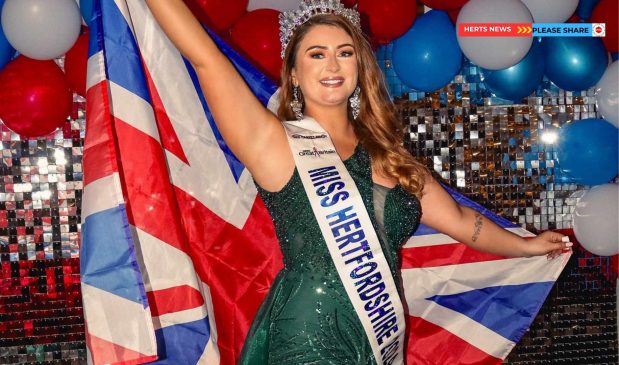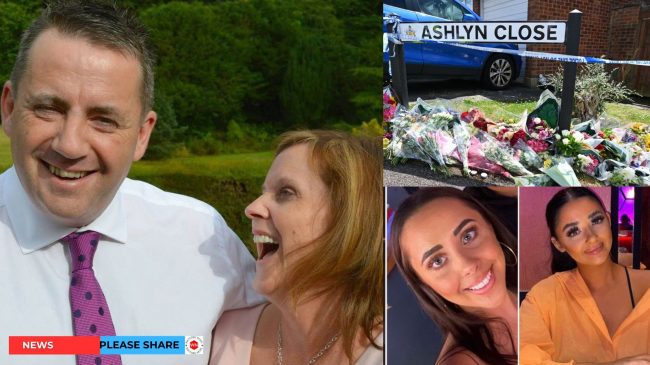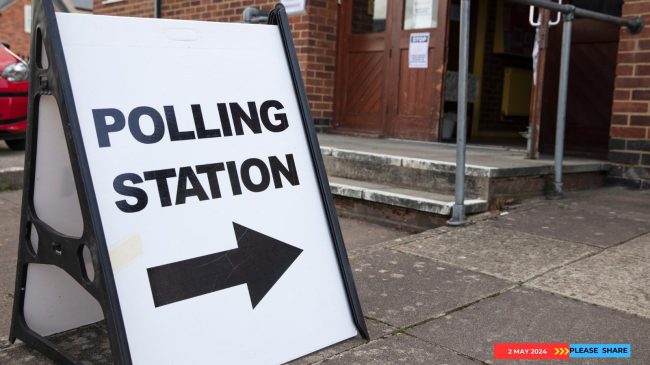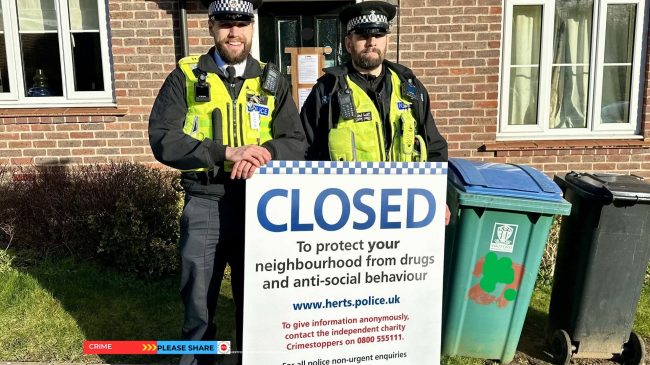Pfizer’s new Covid subvariant booster jab approved denied to under 65s
The UK has approved a new Pfizer jab that targets the Omicron subvariant XBB 1.5. The jab is expected to be available from 11 September to get as many as possible jabbed by 31 October..
[tta_listen_btn]
The new jab is a bivalent vaccine, meaning it contains two different strains of the virus: the original strain and the Omicron XBB 1.5 subvariant. This is designed to provide better protection against the Omicron variant.
Millions of people under the age of 65 in England will not be offered flu and Covid jabs this winter, following advice from the Joint Committee on Vaccination and Immunisation (JCVI) experts.
The JCVI, which advises the UK government on vaccination, said that the jabs would only be offered to those at “high risk of serious disease” who are “most likely to benefit” from vaccination.
The jab is being offered to people aged 65 and over, as well as those in clinical risk groups. It is also being offered to frontline health and social care workers and household contacts of people with weakened immune systems.
The roll-out of the new jab has been brought forward in England, because of a new Covid variant, BA.2.86, which was first detected in the UK on 18 August. BA.2.86 is thought to be more transmissible than previous variants.
The NHS will contact those who are eligible for the new jab. You can check if you are eligible on the NHS website.
In addition to the new Pfizer jab, there are four other vaccines in use across the UK: Moderna, Sanofi/GSK and Novavax. All of these vaccines help to improve protection from earlier doses of the vaccine and give longer-term protection against getting seriously ill from Covid-19.
Most people can have any of these vaccines, but those who are pregnant, under 18 or over 75, will be offered a particular jab. If you are not in one of those categories, you cannot choose the vaccine you get.
People are advised to take whichever vaccine they are offered, as all protect against severe illness or death.
Prof Wei Shen Lim, the chair of Covid-19 immunisation on the JCVI, said: “The autumn booster programme will continue to focus on those at greatest risk of getting seriously ill. These persons will benefit the most from a booster vaccination.
“It is important that everyone who is eligible takes up a booster this autumn – helping to prevent them from hospitalisations and deaths arising from the virus over the winter months.”
Dr Mary Ramsay, the director of public health programmes at the UK Health Security Agency, said: “The Covid-19 virus has not gone away and we expect to see it circulating more widely over the winter months with the numbers of people getting ill increasing.
“The booster is being offered to those at higher risk of severe illness and by taking up the booster vaccine this autumn, you will increase your protection ahead of winter, when respiratory viruses are typically at their peak.”
Steve Barclay, the health secretary, said NHS England would announce in due course how and when those eligible for free jabs could access them.
“I have now accepted the advice from the Joint Committee on Vaccination and Immunisation on eligibility for the 2023 autumn booster programme, to protect those most vulnerable from Covid.
“NHS England will confirm details on how and when eligible people can access the autumn booster vaccine shortly, and I would urge anyone invited – including those yet to have their first jab – to come forward as soon as possible,” he said.
What side effects are there from the Covid vaccine?
There have also been extremely rare, but occasionally fatal, cases of people developing blood clots after taking the AstraZeneca vaccine.
Very rarely myocarditis, an inflammation of the heart muscle has been linked to the Moderna and Pfizer vaccines.
It is also listed as a rare possible side effect of the Novavax vaccine, after a some cases were reported during clinical trials.
Patients with serious allergies are advised to talk to their healthcare professional before being vaccinated.










